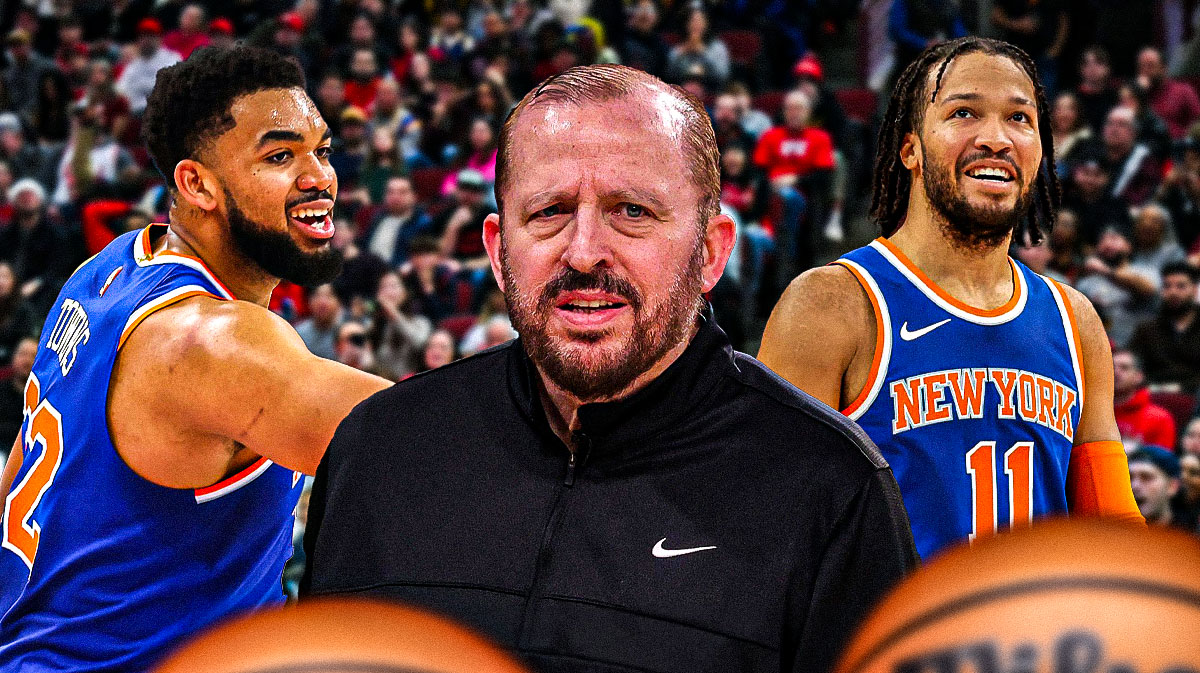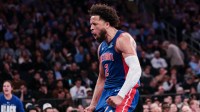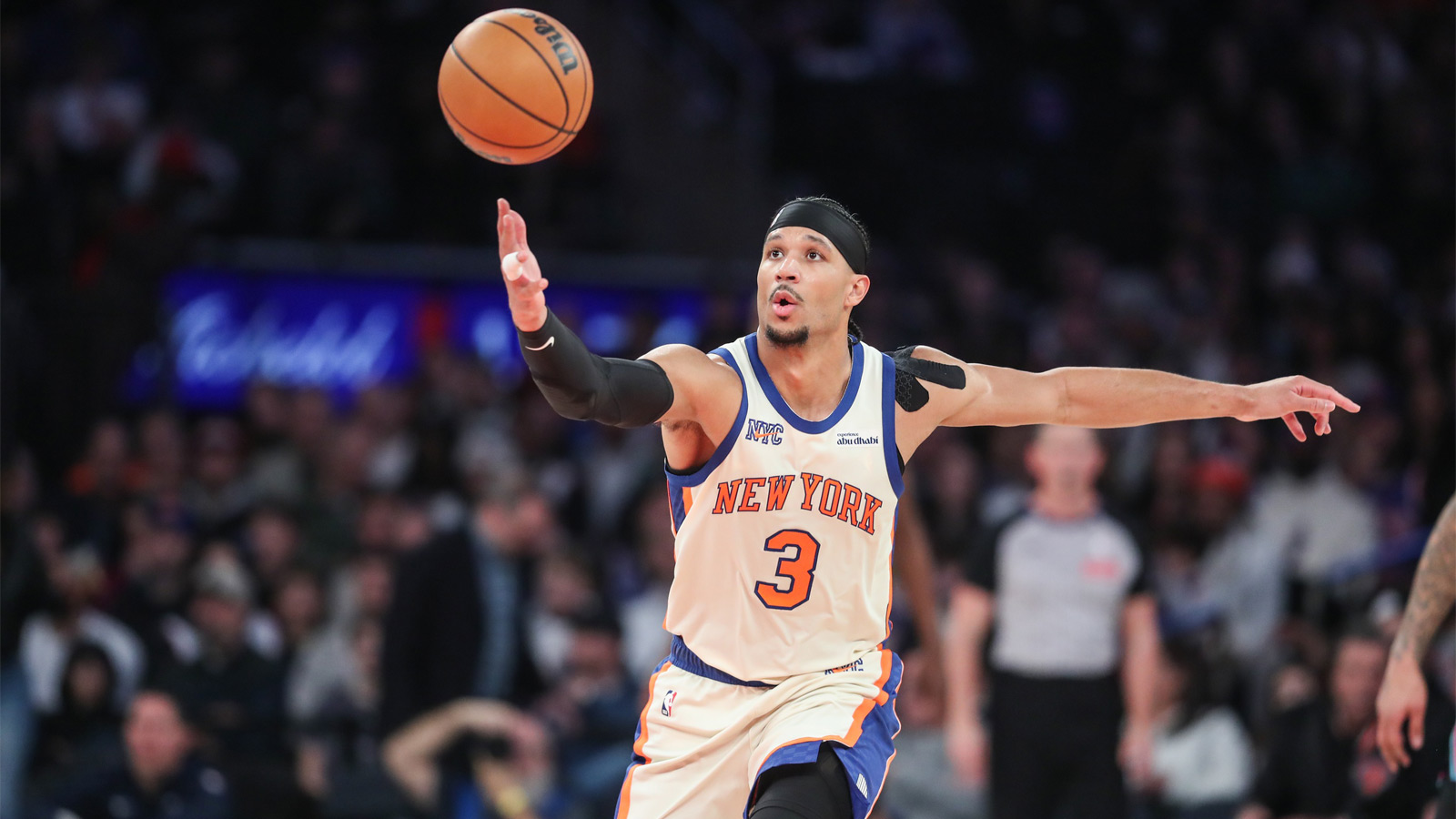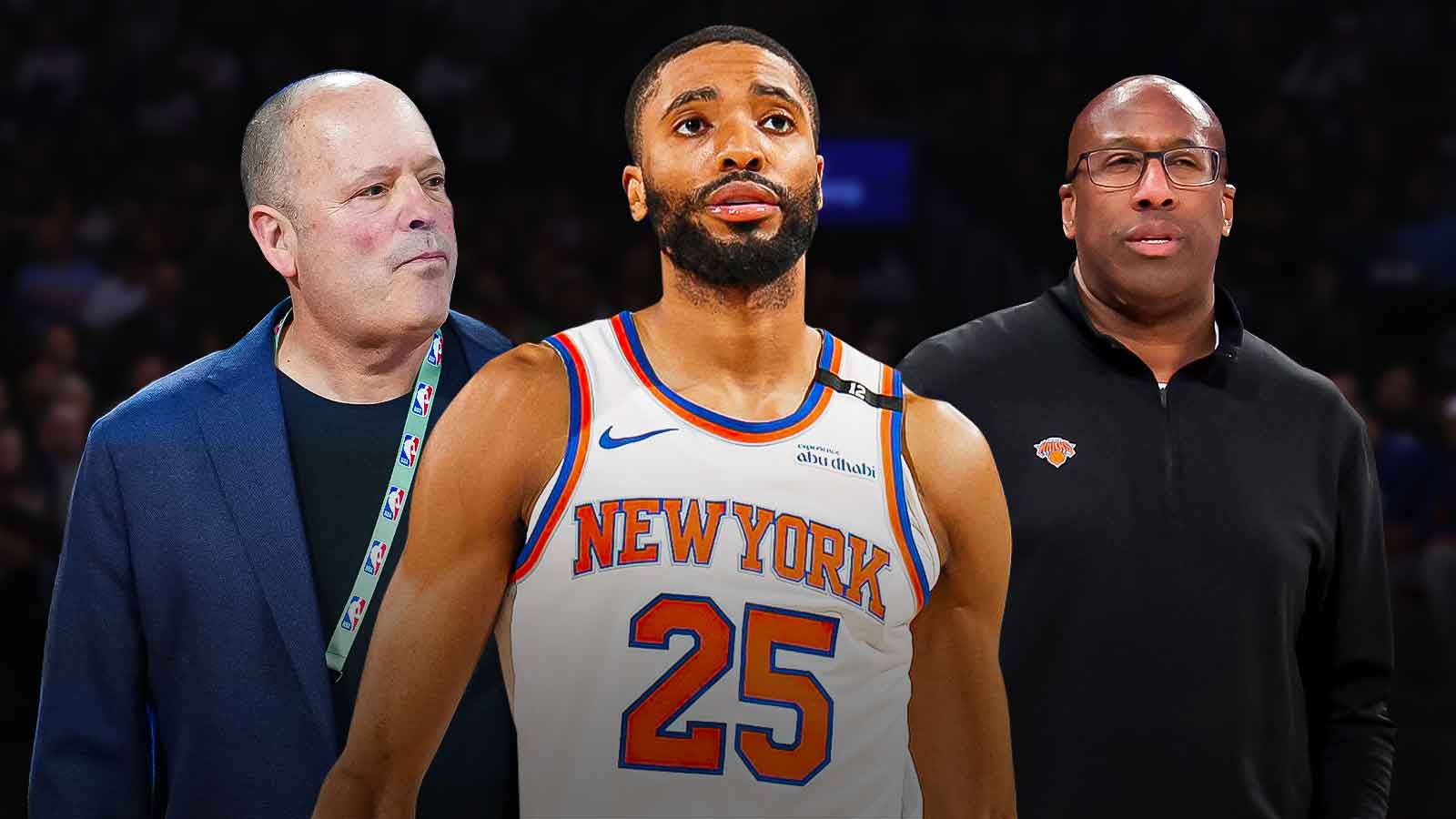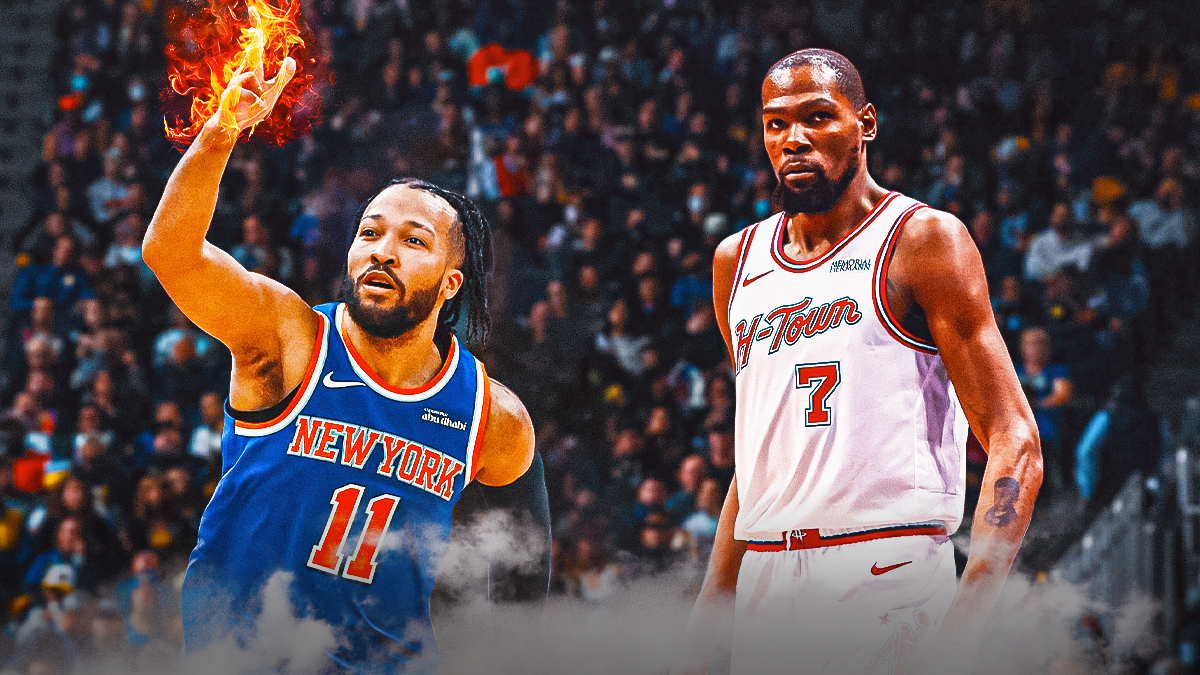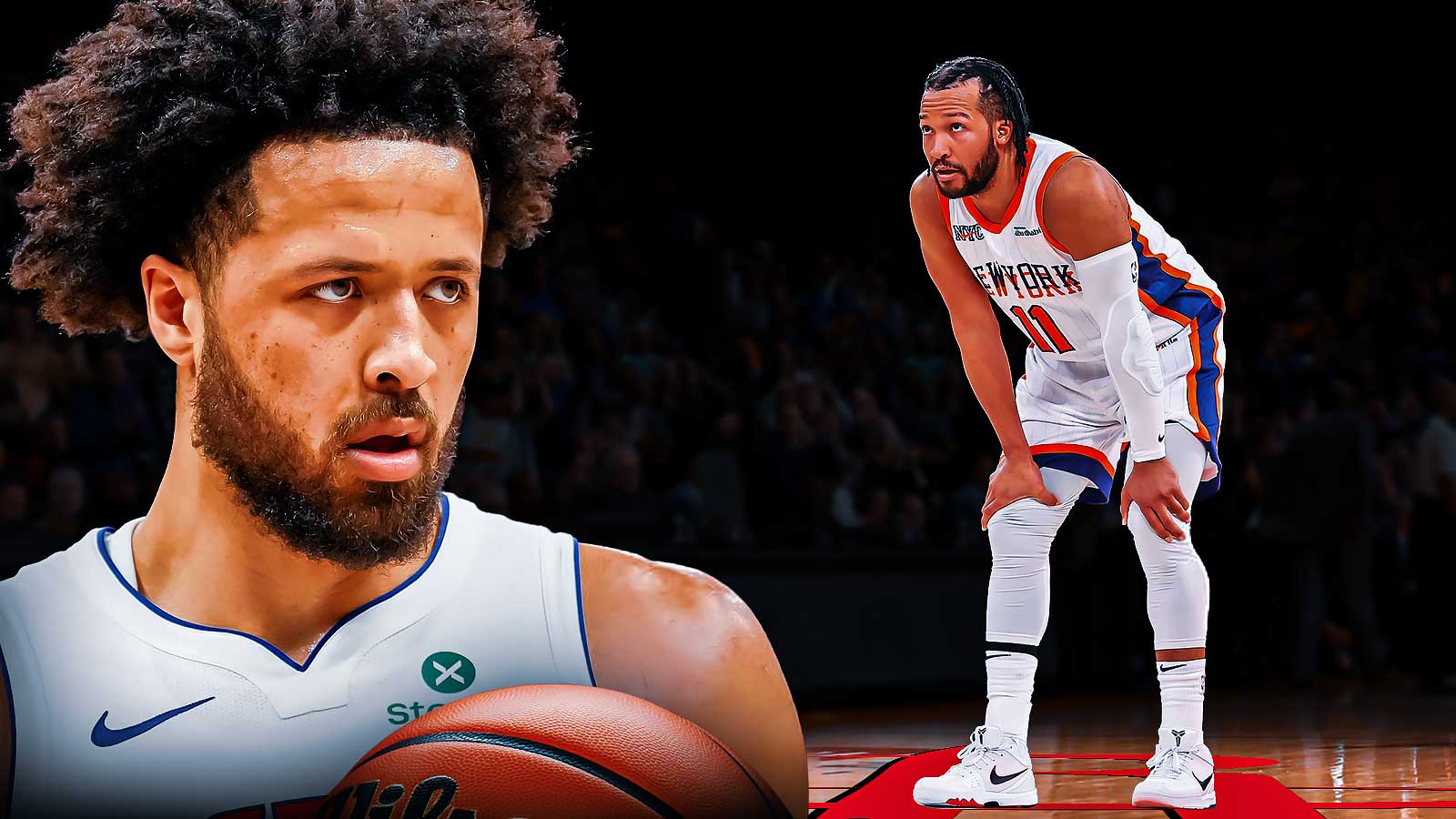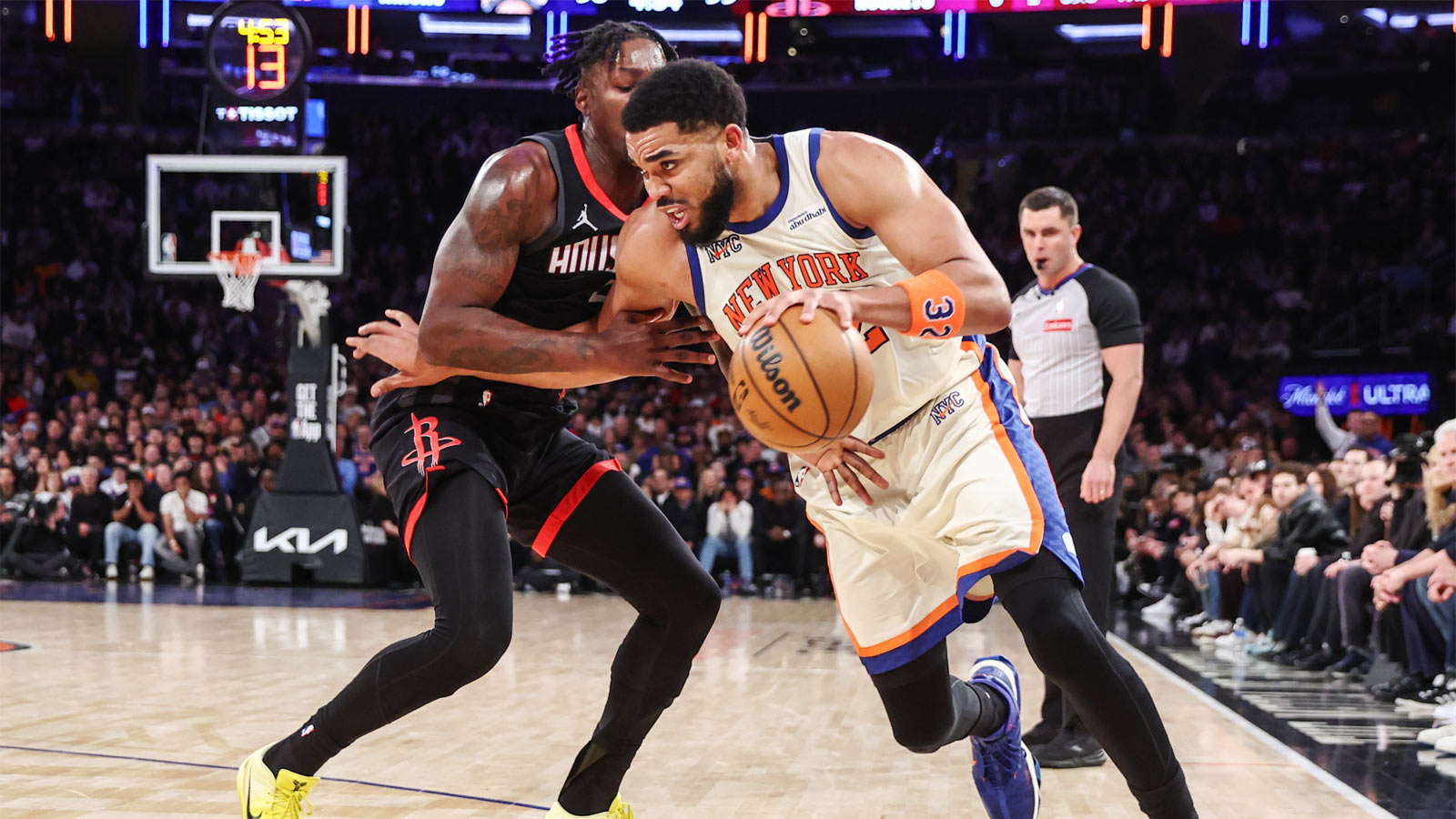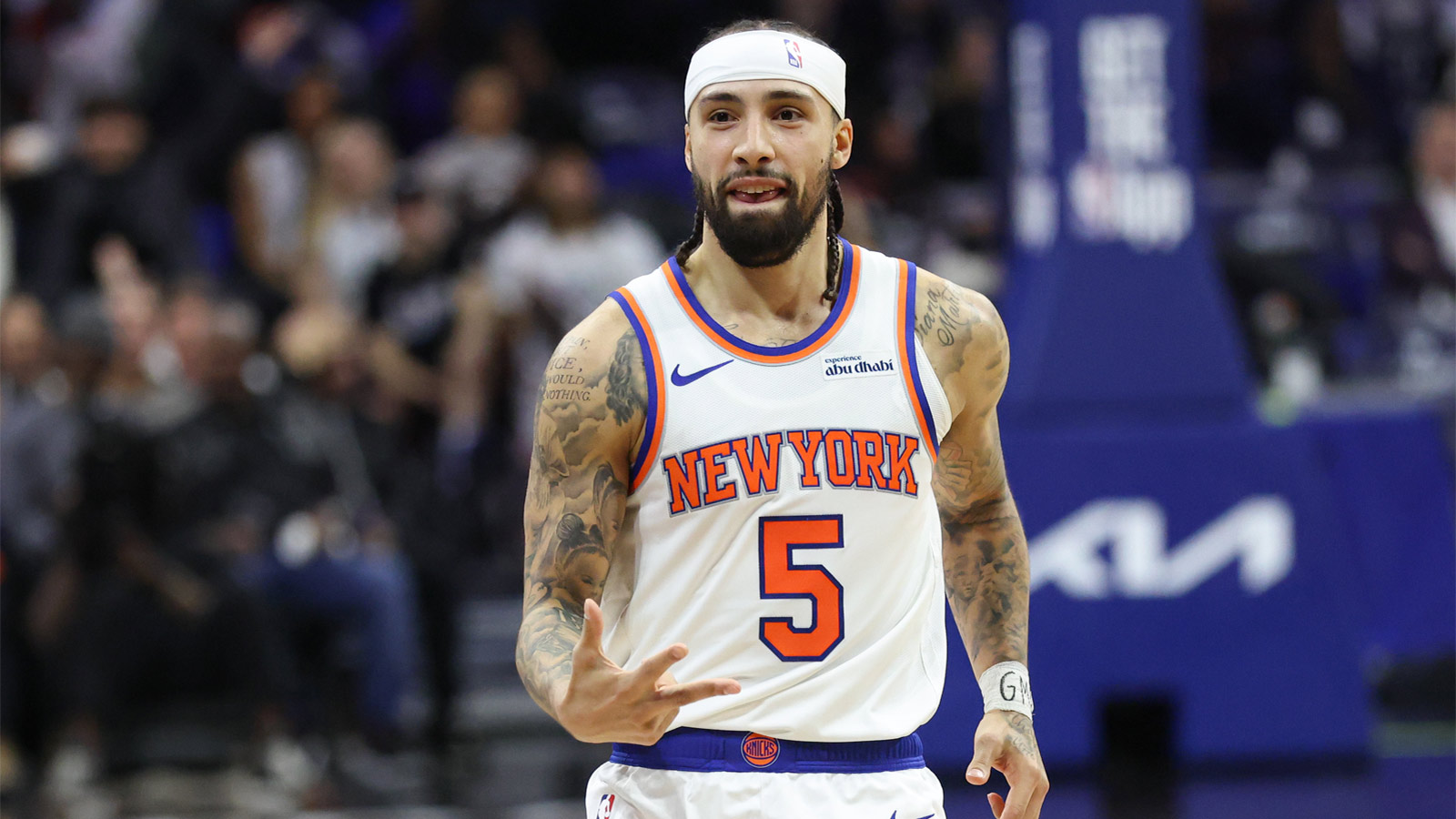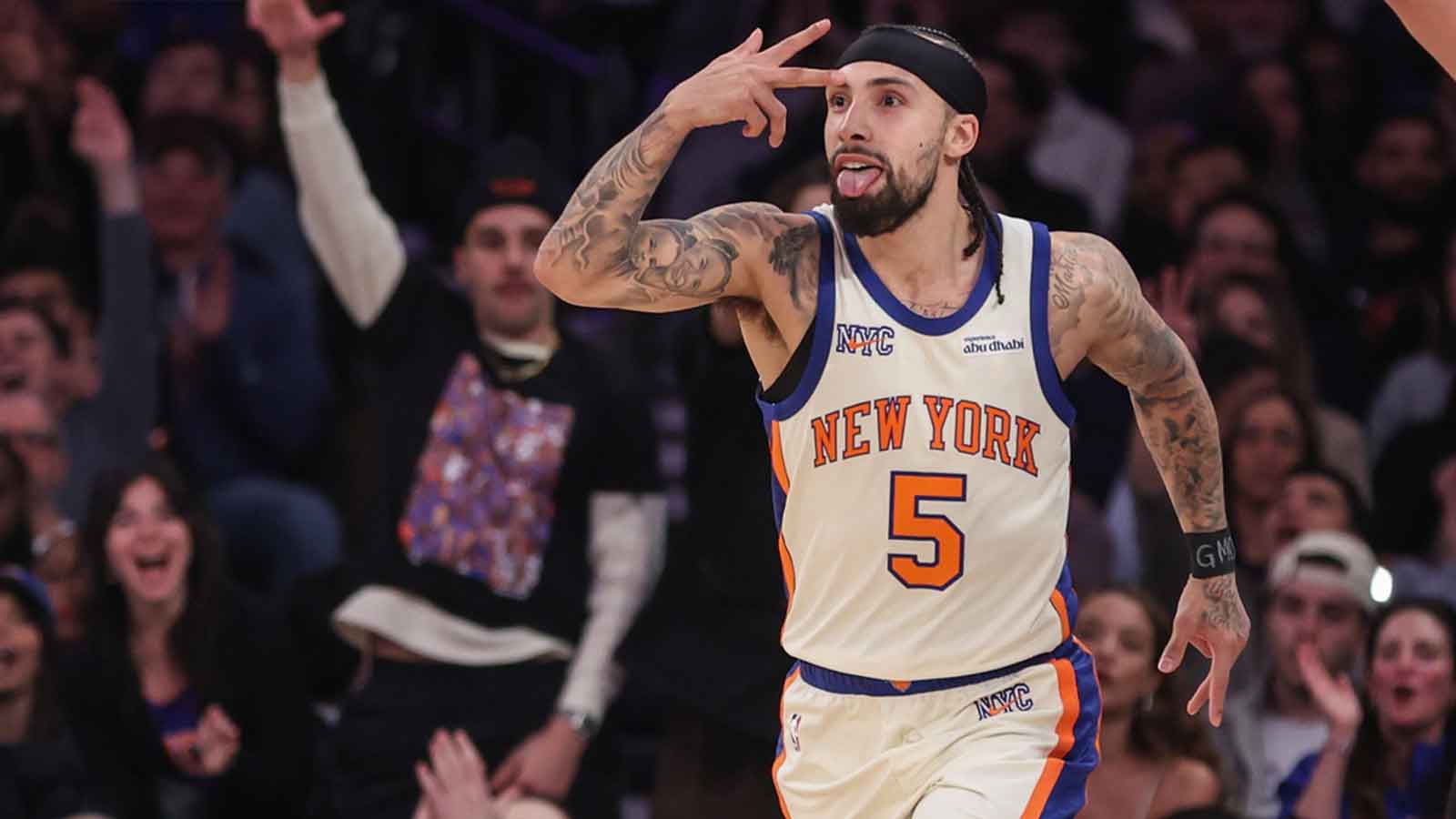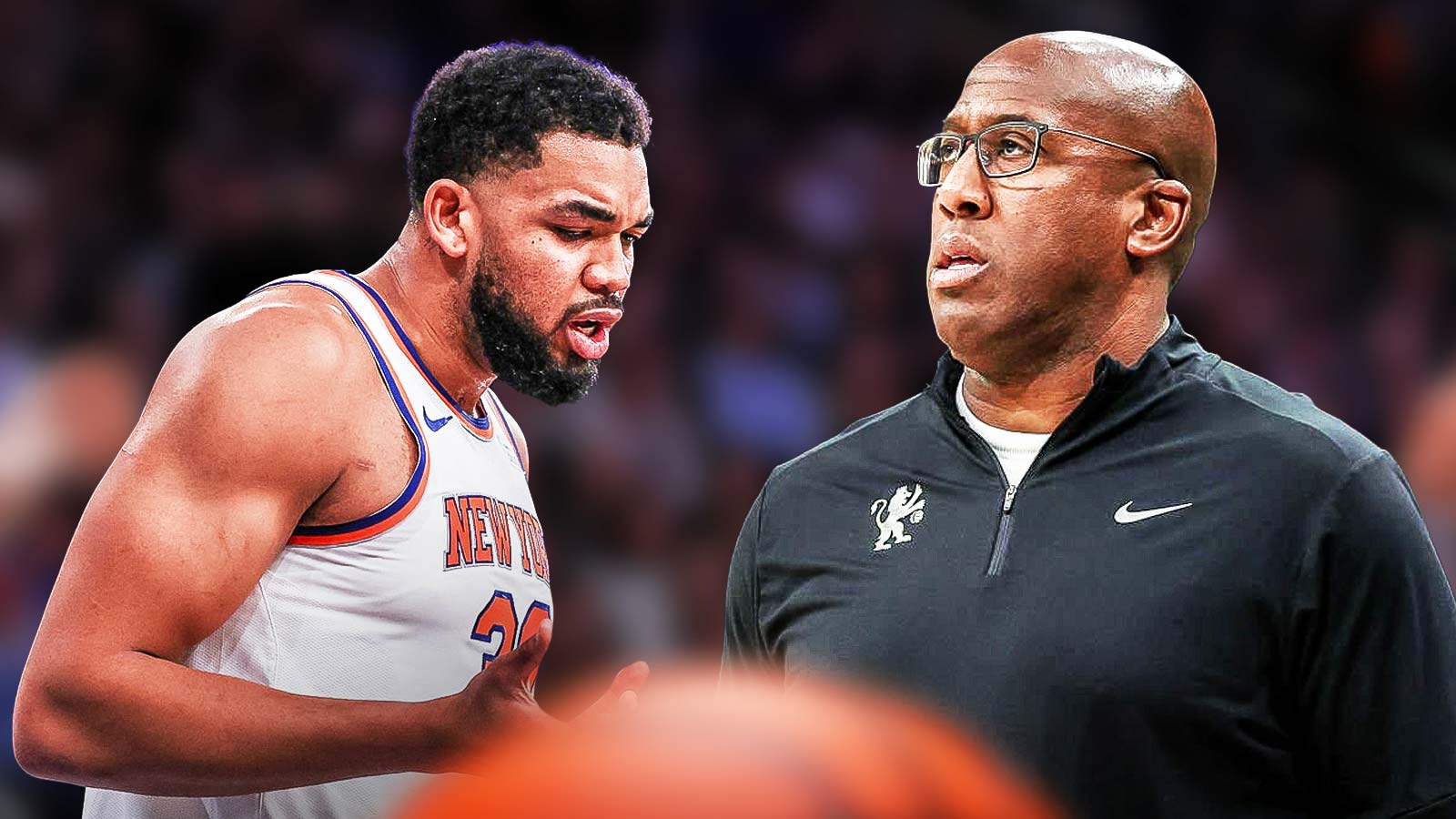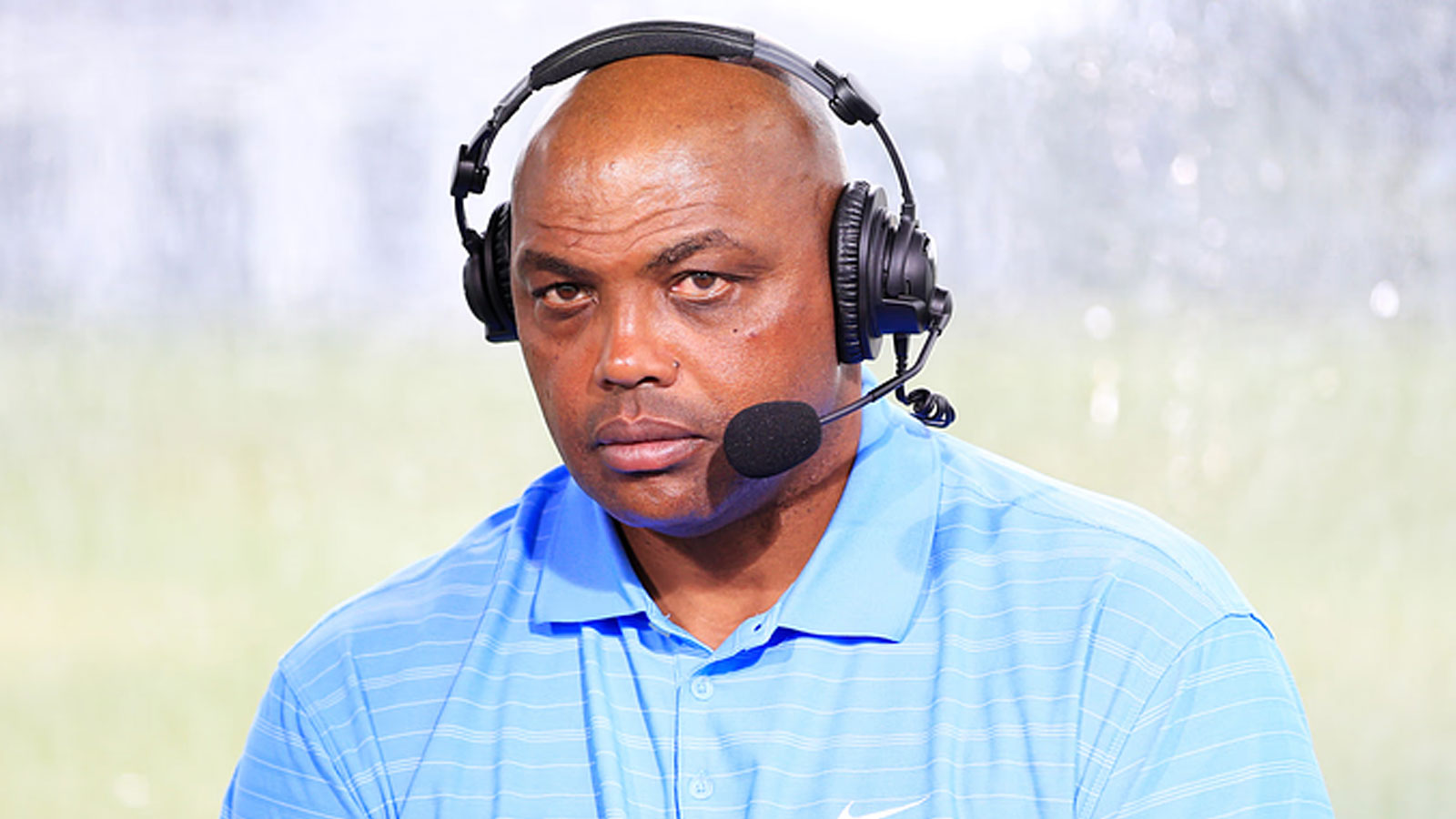The New York Knicks held off the Detroit Pistons, who nearly stole a win late in Game 3, to secure a 118-116 victory. The Knicks are now up 2-1 in the first-round series entering Game 4. And teams that go up 2-1 have won their series in 80.1 percent of instances throughout NBA history, according to Land of Basketball. So, the Knicks are in good shape.
Still, they must execute. And Detroit will inevitably make adjustments, much like the adjustments that coach Tom Thibodeau had to make to win Game 3. But let's review the changes that Thibodeau's implemented before Game 3 and how they impacted this important win.
Knicks were competitive on the glass
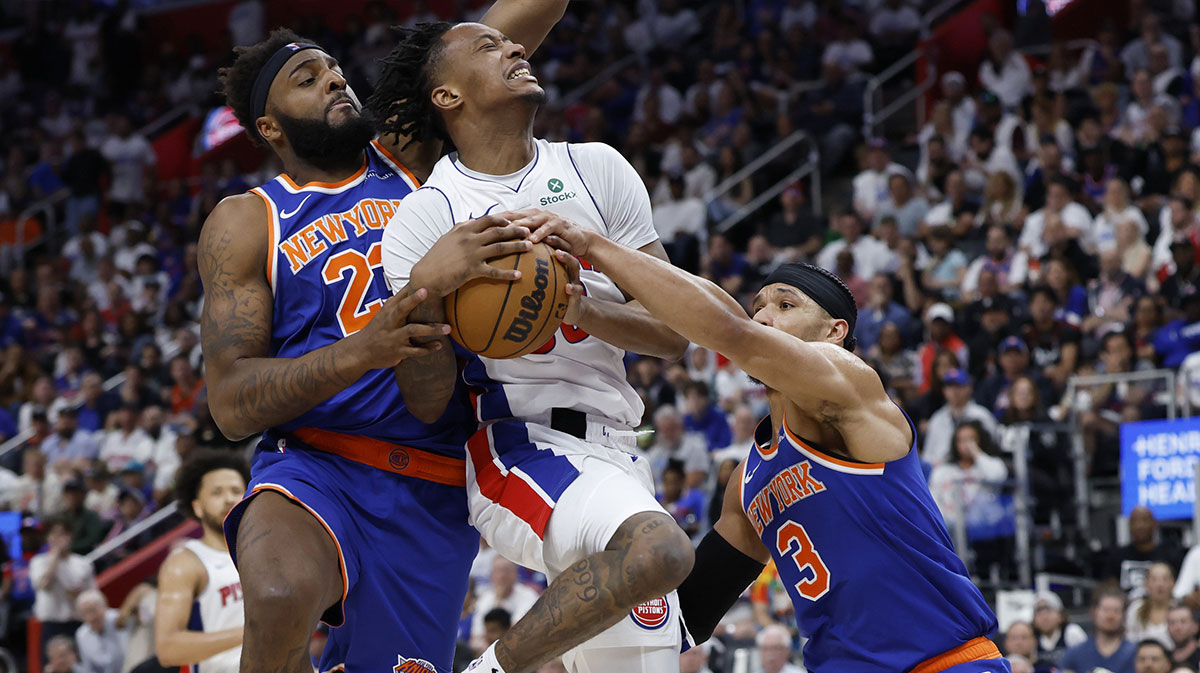
This one was about effort—and Thibodeau obviously imparted a need for more of it to his team.
Josh Hart certainly received the message. He was quiet in terms of points scored. But his fingerprints were all over the glass, pun intended. Hart collected a game-high 11 rebounds, including four crucial offensive rebounds, setting the tone for New York.
But it wasn't just Hart. As a team, the Knicks rebounded from their poor rebounding effort in Game 2. After losing the battle of the boards 48-34, New York was much more competitive in Game 3. Yes, Detroit still won the rebounding battle 43-40. But it was much closer than Game 2.
To be fair, rebounding was more of a strength for Detroit entering this series.. The Pistons were the 12th best rebounding team (44.8 per game) in the regular season, compared to the 24th ranked Knicks (42.6). But New York fought valiantly. And keeping the rebounding battle close is going to be a key for the Knicks throughout the remainder of this series.
Jalen Brunson played a nearly perfect game
Jalen Brunson successfully balanced his need to score and involve his teammates. Thibodeau smartly took Brunson off the ball a bit more in Game 3, which resulted in a more engaged Mikal Bridges (20 points, seven rebounds, and three assists). Brunson was also a more active distributor, looking for his teammates more than he did in Game 2.
But the best part about Brunson's Game 3 performance was the balance he struck. He got his teammates involved throughout the game, but took over when needed. Brunson managed to score 30 points, including 8 in the final 1:24 of the game—a fitting accomplishment for the NBA's Clutch Player of the Year.
Karl-Anthony Towns showed up when it mattered most
Karl-Anthony Towns had a game-high 31 points. And he took a series-high 18 shot attempts, 10 of which came from inside the three-point arc. So, the goal of getting Towns more involved was achieved.
The seven-footer put sufficient pressure on the Detroit defense, getting most of their big men in foul trouble. Tobias Harris ended the game with five personal fouls. Jalen Duren had five fouls, as well, And Paul Reed had four. Thus, the Pistons bigs were limited in how aggressively they defended Knicks' shot attempts at the rim late in the game.
But it was good to see Towns as a focal point of the Knicks' offense. And it was even better to see him remain in attack mode throughout the game. Towns generated seven free throw attempts, making all seven.
Brunson looked for Towns throughout the game, which was a relief considering how little the big mans was featured in Game 2. And Towns responded. He was assertive, looking for his shot and attacking the rim instead of settling for three pointers.
New York went 15-7 when Towns scored 30 or more in the regular season. So, it's obviously in their best interest to get him going.
The Knicks responded nicely to their Game 2 loss. Coach Thibodeau made the right adjustments, and his team correctly implemented them. But as is typically the case in the playoffs, J.B. Bickerstaff and the Pistons will respond with their own adjustments for Game 4.
How well the Knicks are prepared for those adjustments and how they respond within the game itself will dictate if New York returns to Madison Square Garden in position to eliminate the Pistons—or if they return knotted up at two games each. Time will tell which it is.

